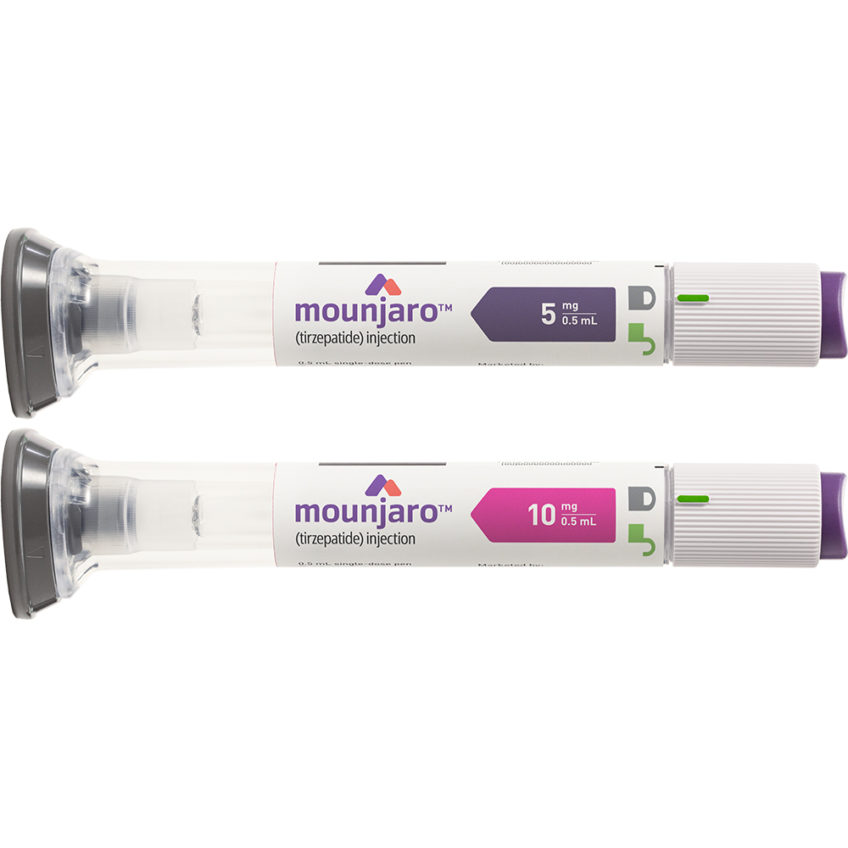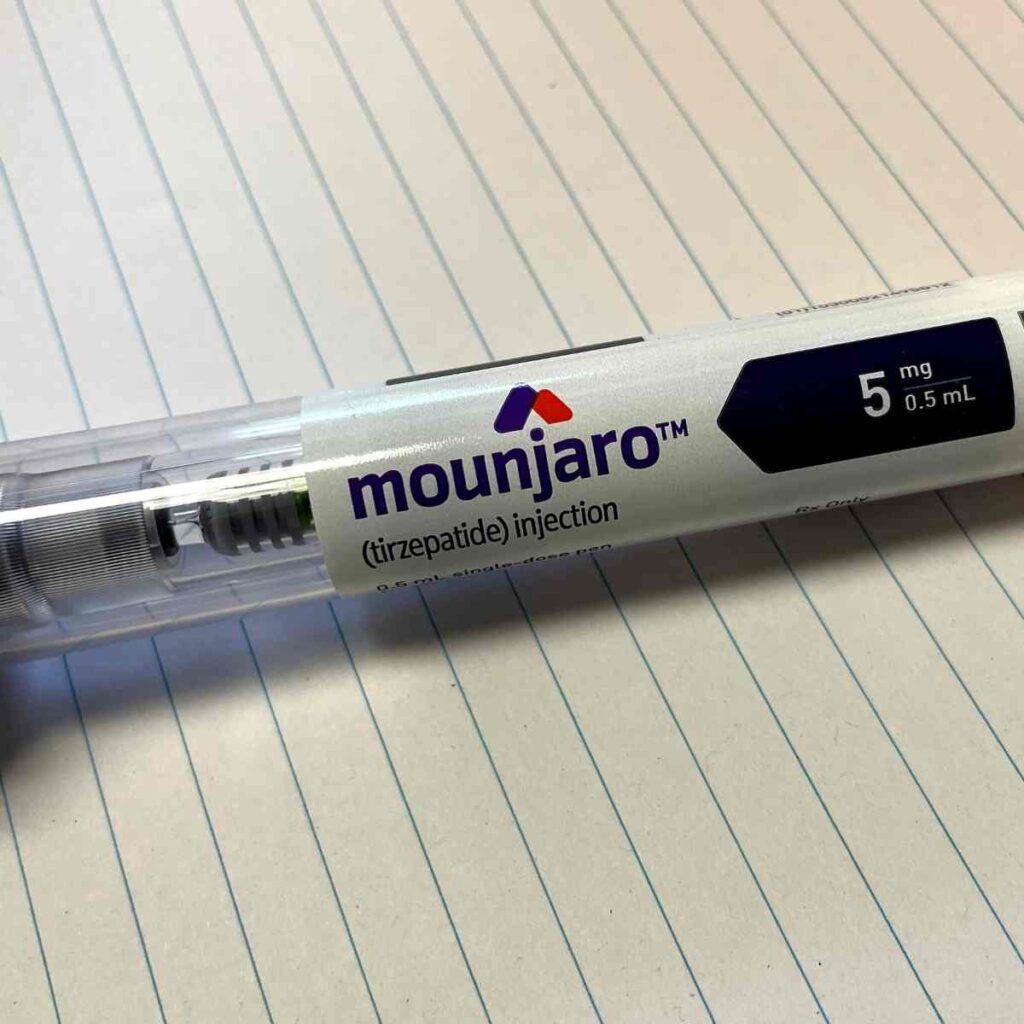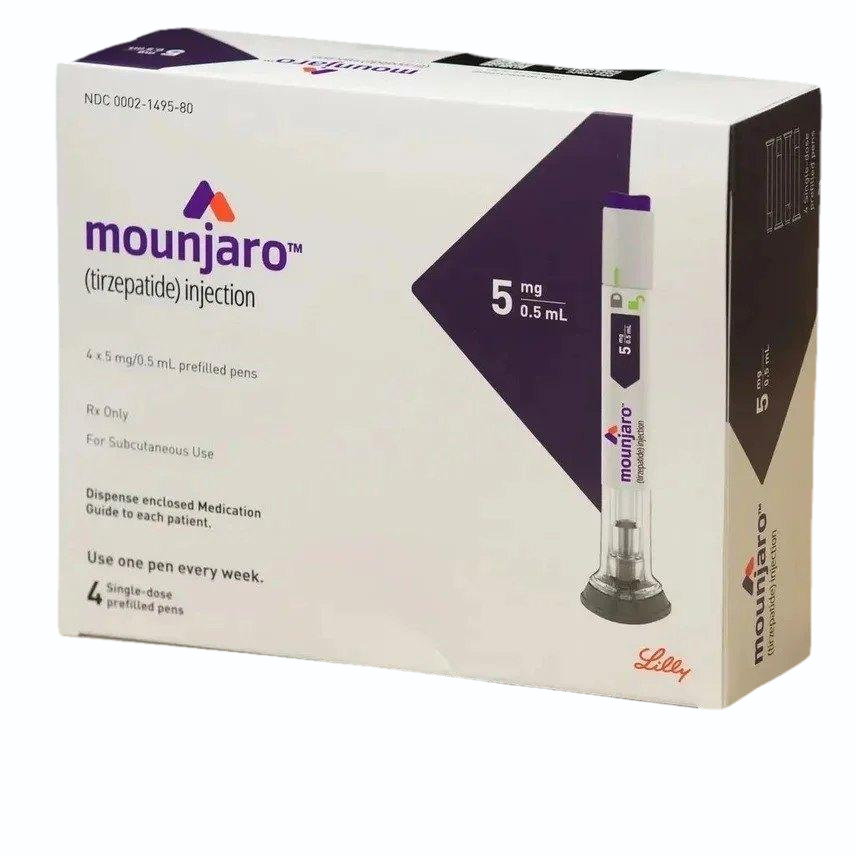Mounjaro, known generically as tirzepatide, is a novel medication designed primarily for adults with Type 2 diabetes. While its efficacy in controlling blood sugar levels is impressive, understanding its storage requirements and the conditions under which it can be safely transported is equally vital for anyone using this medication. One common question that arises in patient discussions is: “How long can Mounjaro stay out of the refrigerator?” In this comprehensive guide, we will address this question in depth, providing crucial insights into the medication’s stability, proper handling, and storage methods.
Understanding Mounjaro
The Therapeutic Use of Mounjaro
Mounjaro is an injectable medication that functions as a dual GLP-1 and GIP receptor agonist. This unique mechanism helps stimulate insulin secretion, suppress glucagon secretion, and slow gastric emptying, all contributing to better blood glucose control. It also provides the added benefit of weight loss, making it an appealing option for many individuals battling diabetes.
Importance of Proper Storage
The pharmacological stability of Mounjaro, like many medications, is crucial for its effectiveness. Medications that are not stored correctly can degrade over time, potentially reducing their efficacy and posing health risks. As a patient or caregiver, knowing the recommended storage conditions for Mounjaro ensures that the medication remains functional throughout its use.
Recommended Storage Conditions for Mounjaro
In the Refrigerator
According to the manufacturer, Mounjaro should be stored in the refrigerator at a temperature of 36°F to 46°F (2°C to 8°C). Under these conditions, the medication will remain stable and effective until its expiration date. It’s important to avoid exposing the medication to freezing temperatures, which can render it unusable.
Room Temperature Guidelines
After initial storage in the refrigerator, Mounjaro can be taken out for use. The medication can be safely kept at room temperature (up to 86°F or 30°C) for up to 21 days. This guideline provides some flexibility for patients who need to carry their medication while traveling or when refrigeration isn’t readily available.
How Long Can Mounjaro Stay Out of the Refrigerator?
Key Determinants of Stability
So, how long can Mounjaro stay out of the refrigerator? When taken out of refrigeration, the stability of Mounjaro is determined by a variety of factors:
- Duration: As mentioned, it is safe to keep Mounjaro at room temperature for up to 21 days.
- Temperature: Avoid exposure to excessive heat or direct sunlight, which may compromise the integrity of the medication.
- Storage Environment: A cool, dry place is ideal for housing Mounjaro when it is outside of refrigeration. Your medication should be kept in its original packaging, protecting it from light and contamination.
Post-Exposure Precautions
If Mounjaro has been left out of the refrigerator beyond the recommended 21 days, it is essential to evaluate whether or not it should still be used:
- Checking Visual Quality: Always inspect the medication for any changes in color, clarity, or consistency before use.
- Considering Time and Conditions: If the medication has been left out for longer than 21 days or if it has been exposed to high temperatures, it is best to discard it and obtain a replacement.
Handling Mounjaro Outside the Refrigerator
Transportation Tips
When traveling, you may need to transport your Mounjaro medication. Here are some tips to ensure it remains effective during transit:
- Use Insulated Bags: Invest in an insulated travel bag designed for medications to maintain a stable temperature.
- Temperature Monitoring: Carry a thermometer with you to monitor the temperature inside your travel bag, ensuring it remains within safe limits.
- Limit Exposure: Try to limit the time that Mounjaro is out of refrigeration while traveling. Plan your route and schedule to minimize exposure to heat.
Precautions When Administering
When it’s time to administer Mounjaro, ensure you follow the recommended procedures:
- Cleanliness: Always wash your hands thoroughly before handling the injection.
- Pre-Injection Preparation: If the medication has been stored at room temperature for some time, gently roll the pen or vial to mix the medication lightly. Do not shake it vigorously, as this may cause bubbles to form.
- Injection Site: Rotate your injection sites according to the guidelines provided by your healthcare provider to avoid irritation.
What to Do If Mounjaro Has Been Compromised
Identifying Signs of Degradation
If there’s doubt about whether your Mounjaro has remained stable, it’s critical to be able to identify signs of degradation. Look for:
- Discoloration: Any unusual changes in color.
- Cloudiness: A clear solution should remain clear; cloudiness may indicate contamination.
- Particles: Any floating particles which weren’t previously present can be telltale signs of degradation.
Disposing of Compromised Medication
If you suspect that your medication has gone bad, do not attempt to use it. Here are steps for proper disposal:
- Local Guidelines: Follow your locality’s medication disposal guidelines, as they vary by region.
- Sharps Container: If you have used needles or syringes, ensure that you dispose of them in a designated sharps container.
Common Misconceptions About Mounjaro Storage
Myth: Room Temperature Equals Refrigeration
One significant misconception is that medications can be stored at room temperature indefinitely. While Mounjaro can indeed be stored at room temperature for up to 21 days, it is not intended for prolonged storage outside the refrigerator.
Myth: Direct Sunlight is Harmless
Another myth is that keeping Mounjaro in normal indoor conditions, even in direct sunlight, is safe. In fact, exposure to light and heat can greatly shorten the medication’s lifespan.
 Medications Commonly Stored in Refrigerators
Medications Commonly Stored in Refrigerators
While not all medications require refrigeration, several specific categories do. It’s essential to be familiar with these to ensure their effectiveness and safety.
Insulin and Other Diabetes Medications
Insulin is perhaps the most commonly recognized medication that requires refrigeration. It must be stored between 36°F to 46°F (2°C to 8°C) to remain effective. When improperly stored, insulin can degrade, leading to inadequate blood sugar control, which can have severe consequences for patients with diabetes.
Other diabetes medications, such as GLP-1 receptor agonists, also require refrigeration. These medications, which help regulate blood sugar levels, are often sensitive to temperature fluctuations as well.
Biologic Medications
Biologic medications, which include a range of therapies derived from living organisms, often require refrigeration. These medications can include monoclonal antibodies and certain gene therapies that are used to treat conditions like autoimmune disorders and cancers. The stability of these medications is highly temperature-sensitive, and improper storage can lead to loss of efficacy.
Hormonal Therapies
Hormonal medications, such as certain contraceptives and thyroid medications, may also require refrigeration. For example, some injectable contraceptives need to be stored in the refrigerator until their expiration date. Similarly, certain formulations of thyroid medications, like thyroxine, can benefit from refrigeration to maintain their potency.
Injectable Medications
Various injectable medications must be refrigerated to maintain their efficacy. This category includes medications for pain management, allergy treatments, and several others. For example, the epinephrine auto-injector, used for treating severe allergic reactions, should be stored in a cool place but not necessarily frozen.
Nutritional Supplements and Parenteral Nutrition
Nutritional supplements, especially those used in parenteral nutrition (nutrition delivered via IV), often require refrigeration. These products can include amino acids, lipids, and other essential nutrients that must be maintained within specific temperature ranges to ensure their safety and effectiveness.
Conclusion
In summary, understanding how long Mounjaro can stay out of the refrigerator is essential for anyone using this medication. When stored properly, Mounjaro can remain effective for up to 21 days at room temperature after being taken out of refrigeration. However, it is crucial to monitor environmental conditions and visual quality to ensure the medication’s integrity remains intact.
By following the manufacturer’s recommendations and adhering strictly to proper storage and handling procedures, patients can ensure they receive the full benefits of Mounjaro without compromising their health. Always consult your healthcare provider with any questions or concerns about storage and usage to maintain the effectiveness of your diabetes management plan.


